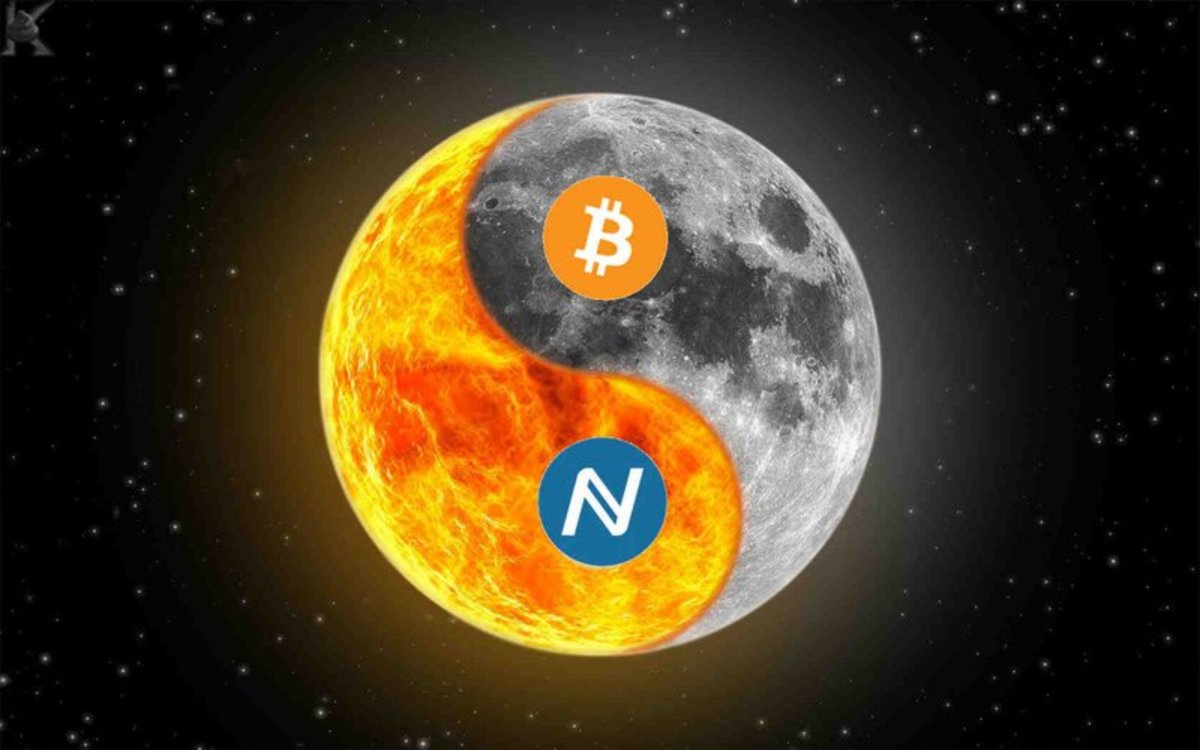
Would you live in a completely sustainable skyscraper?
Colony Earth is an Eco Development company that runs on permaculture, renewable resources, Bitcoin and other cryptocurrencies. With a mission to create a development that is a living example of healthy balanced living and education, in an environment that is focused on technology, Colony Earth is changing the way we think about everyday life.
Founder Xavier Hawk started Colony Earth after realizing the need to provide a safe, healthy and balanced lifestyle for every individual. Based on his experience living in eco-villages, sustainable communities, and his passion for cryptocurrency, Colony Earth became the first Bitcoin eco development in the world. This spring, the first eco-village will open in North Carolina, with a plan to build similar permacultures around the world, including Colony Earth skyscrapers - entirely with Bitcoin and other cryptocurrencies.
We spoke to Xavier Hawk to find out more about this project and what the future holds for Colony Earth.
Adam Hofman: How did you get started with Bitcoin?
Xavier Hawk: I bought my first Bitcoin at an early stage from what became a trusted friend on localbitcoins.com. He taught me a lot and I’m grateful to him still.
AH: Where did the idea for Colony Earth come from?
XH: I “semi” retired at 30 from consulting and moved to the mountains of North Carolina with my wife and kids; on a nice organic farm where we began homesteading. I have a truck that runs on veggie oil and have been heavily involved with the permaculture movement, youth empowerment, and sustainable living from a very young age. I have lived in and experienced various eco-villages and Intentional Communities throughout my travels and wanted to maintain a safe, healthy, and balanced lifestyle for my kids.
Turns out homesteading is a LOT of work - I travel, work, and have a family. I needed to figure out a way to have this healthy lifestyle while still taking care of business. I looked at all sorts of ways to do this and Colony Earth was born out of that struggle for balance.
AH: What are the benefits Colony Earth provides?
XH: There is always something to do - gardens to tend to, animals to care for, etc. Lots of people don’t have experience living this way. However, they want the healthy food, water, and security that comes from this way of living. Colony Earth makes it easy, safe, and affordable to have all this with no skill required.You always have the benefits of modern 21st Century tech while actually benefiting the earth, and is also a great way for people to learn. Whenever you want to plug in and do some garden therapy, the farm manager and other staff can include you. It is not required, but it is rewarding.
We are not a commune or kabutz. Imagine a golf course community with a clubhouse and activities, but instead of golf we have trails, ponds, offices, biodynamic gardens, clean water, and cultural activities. Imagine this in a skyscraper with power, food, water, waste management and commerce all handled and generated on site.It’s like resort style living but it actually benefits the earth and its inhabitants. We make living in balance with the earth easy, affordable, and profitable not only for investors but also the residents and the earth itself.
AH: What has been the biggest challenge?
XH: Most intentional communities fail because of poor business models and lack of proper economic systems. I spent five years testing different business models for this concept. In that time I developed “Business Permaculture,” a model that guarantees sustained profit and huge upside potentials for investors, residents, and the earth alike.
AH: What has been the most rewarding aspect of starting Colony Earth?
XH: I am meeting many like-minded and passionate people who are all saying the same thing, “when are you opening?” I have found that Colony Earth is something people from every walk of life and economic bracket want. They want security, healthy food, clean water, and an uplifting place to live. It’s a global phenomenon full of people I am inspired by, and I feel very honored to be providing these solutions.
AH: Where is Colony Earth going next?
XH: I have some very visionary long-term plans for Colony Earth - taking the phrase “to the moon!” to a whole new level. We are working to open the doors of our first neighborhood near Asheville, NC this spring. Colony Earth is in talks with various investors and advisors to make sure we launch properly with a special permaculture based coin that will be redeemable for food, goods, and services at any Colony Earth Eco-Development and other eco-villages in our network around the world. It’s very exciting.
AH: What role does Bitcoin play in your business?
XH: Our homes and rentals actually belong to the neighborhood and people pay for membership to have access. These memberships and other costs are paid in digital currency, primarily Bitcoin and Litecoin. We pay our staff in Bitcoin, and any work hours our members contribute are also paid in Bitcoin. Finally, any profits the neighborhood produces in retreats, rentals, conferences, and agriculture get shared in digital currency. Our goal is to create a seamless, off grid, high-tech neighborhood based on permaculture principles, making it easy to learn about and use permaculture and crypto currencies. Colony Earth is an organization encouraging mass adoption by providing forward-thinking housing solutions aimed toward the future.
AH: Are there any Colonies being built right now?
XH: Our first colony is being built near Asheville, North Carolina. It will be where my core team lives, works, and plays while developing other locations. Colony Earth already has interest from mining companies in Africa that want to create a high standard of living community for their workers. We have been contacted by plenty of organizations who all want this for their area. I envision rapid adoption once our first location is opened this spring.
AH: Do you have any advice for companies getting started with Bitcoin?
XH: Stay plugged in, pay attention, and hold on tight. Everything is shifting and changing so quickly, you need to make sure your position works and can adapt to the changing environment, regardless of platform.
Visit http://colonyearth.com/










